A global mind-body approach
Holistic medicine encompasses all approaches to health care that focus on the individual as a whole. The word “holistic” comes from the Greek “holos”, meaning “whole” and “entire”.
Holistic medicine looks beyond symptoms and illnesses. Its diagnosis focuses on the various facets that make up the individual: body, emotions, psyche, environment, etc. It considers the individual as a whole.
In fact, it considers that an individual cannot be treated effectively without taking into account all the factors that influence him or her, including history, environment, quality of relationships…
Holistic medicine looks for the root cause of observed disorders.
Ancient medicines
If we go back in time and look at ancient medicine, we find this holistic aspect. Indeed, the spiritual dimension of the human being plays an essential role. And the relationship with a God or divinities is essential to healing.
In ancient times, the first medical practices were related to the priestly sphere. Religious and even magical rituals formed the core of therapeutic aspects in the most ancient societies.
Of course, the use of medicinal plants can be found in all traditional cultures. Written sources and iconographic representations evoke healers who are often priests, shamans and doctors all rolled into one. They are multi-faceted figures.
Traditional medicines
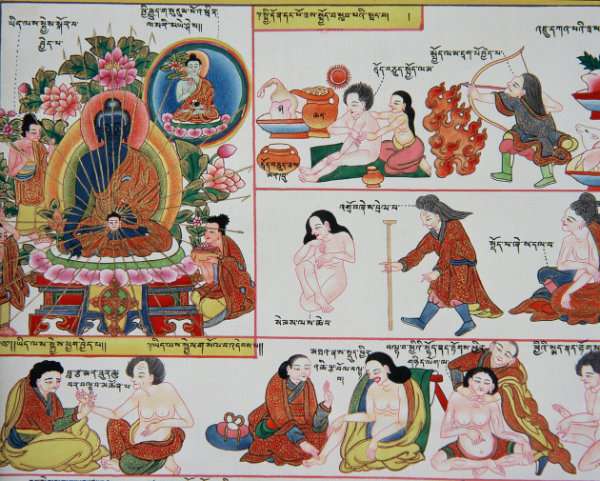
Many traditional medicines have endured through the ages. They all have this holistic dimension in common.
These include:
- Chinese medicine,
- Ayurvedic medicine (India),
- African medicine,
- Native American medicine,
- Traditional European medicine (phytotherapy),
- Tibetan medicine,
- Traditional Japanese medicine (Kampo),
- Aboriginal medicine.
These medicines continue to be widely practised around the world, some as a complement to conventional medicine, others as the main system of care. They are based on ancestral knowledge handed down from generation to generation.
Without going into the specifics of each of these medicines, there are some common notions:
- Harmony between man, nature and spiritual forces,
- The use of medicinal plants,
- The importance of overall energy balance.
In Europe, naturopathy was developed in the 19th century on the basis of these ancestral medicines.
“Instead of focusing on the symptoms of disease, holistic therapy treats the human being on six levels: physical, emotional, mental, socio-cultural, environmental and spiritual,” explains Daniel Kieffer, founder of the Collège Européen de Naturopathie Traditionnelle Holistique (CENATHO).
Disease prevention
Holistic medicine naturally includes prevention. Indeed, although it can “repair”, it is first and foremost there to enable the patient to regain balance and remain in good health.
Illness is seen as the result of disharmony. Yet the body’s capacity for self-healing is akin to the natural search for balance. This is a key factor in holistic medicine. And that’s why it focuses on the individual, not the disease itself.
This means that the holistic doctor also plays an advisory role. In this way, he or she guides the patient towards a more appropriate lifestyle (diet, exercise, even emotional management…).
Finally, in a holistic conception of health, the patients do not delegate responsibility for his or her own health to the doctor. On the contrary, they are invited and encouraged to take charge of their own health, and become the main players in it.
Attentive listening
A holistic approach focuses on an individual’s overall well-being. That’s why therapists listen sensitively to their patients, so as to hear them beyond the ailments they verbalize.
This quality of listening presupposes an attentive and benevolent attitude. It requires taking the necessary time. In this way, the holistic therapist creates a relationship of trust that is conducive to healing.
Holistic medicine also recognizes that each patient is unique. While two patients may often present similar symptoms, the root cause may be entirely different for each.
Natural techniques
Holistic medicine encompasses a wide variety of healing tools, including:
- herbal prescriptions in various forms,
- manual techniques (energy massage, magnetism),
- acupuncture,
- aromatherapy,
- homeopathy, etc.
They also include recommendations on diet, environmental quality, the practice of qi gong or meditation, breathing techniques and so on.
They use 100% natural, non-invasive techniques.
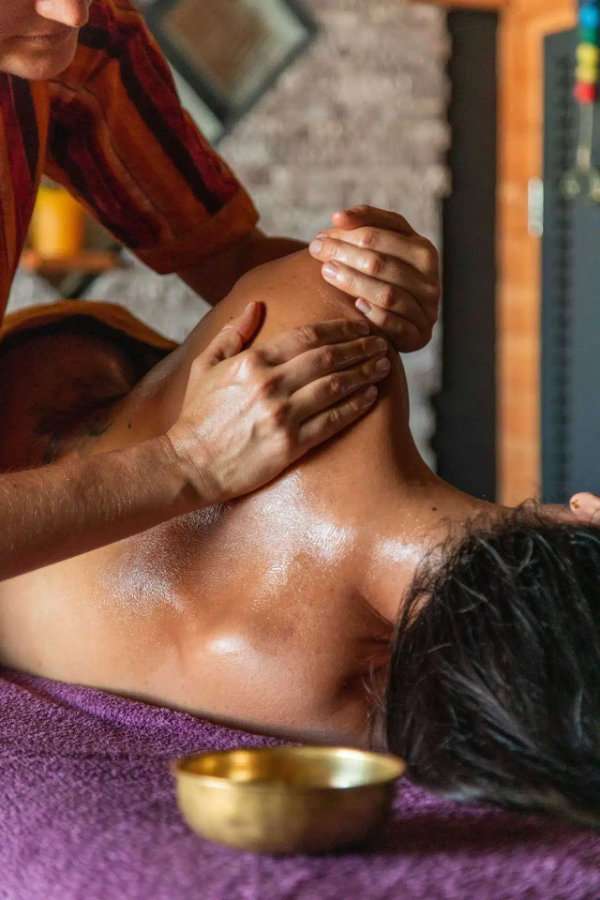
In tune with the times
Today, more and more people are turning to these holistic medicines. They’re in with the times.
Indeed, there is a growing interest in organic and local food, permaculture and other eco-responsible farming methods. More and more people are taking charge of their own health through practices such as yoga, sport, meditation, fasting and the use of essential oils. Many are returning to the countryside, and working towards energy and food self-sufficiency.
However, holistic medicine is naturally rooted in a tradition in which Nature is central. Man is part of an ecosystem on which he is interdependent (climate, food, air and water quality, etc.). These holistic medicines are therefore naturally ecological, since they aim to achieve a better balance between man and his natural environment, a source of good health.
A healthy habitat

As we have seen, the patient’s environment plays a role in his or her health. The home is a particularly important factor, as it’s where patients spend time, sleep and recharge their batteries.
This is why the health of our homes and living spaces has given rise to disciplines that are arts in their own right. These include feng shui and geobiology.
Feng Shui
Feng Shui is an ancestral Chinese art that aims to harmonize the energies of a space to promote the well-being, prosperity and health of its occupants. It is based on the principles of Qi (vital energy), yin and yang, and the five elements (wood, fire, earth, metal, water). Feng Shui analyzes the layout of rooms, the arrangement of furniture and the external environment.
After a very detailed analysis, the Feng Shui master makes a sort of diagnosis and suggests adjustments. These aim to improve energy circulation, avoid energy blockages in the home, and seek balance in the various aspects of life (love, work, health, prosperity…). This holistic discipline sees the home as a reflection of inner balance.
Geobiology
Geobiology is the study of environmental influences on living beings. This discipline explores telluric radiation (underground watercourses, geological faults) and the vibratory energies emanating from the Earth. It also studies the impact of artificial electromagnetic fields generated by electricity, WiFi and other antennas located close to home.
The aim is to detect and neutralize zones that are harmful to health, using tools ranging from pendulums and divining rods to electronic detectors. Here too, the geobiologist will make the necessary corrections to re-establish a balance more conducive to the health of local residents.


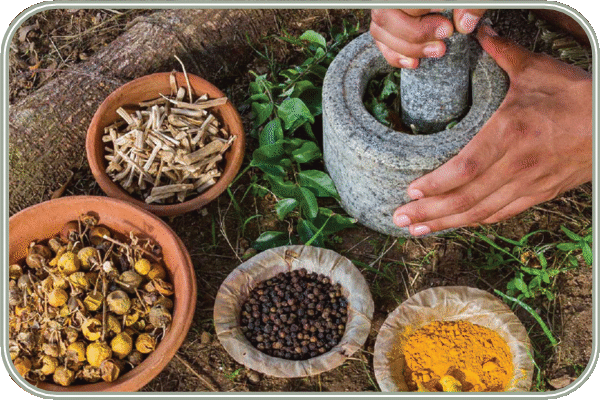

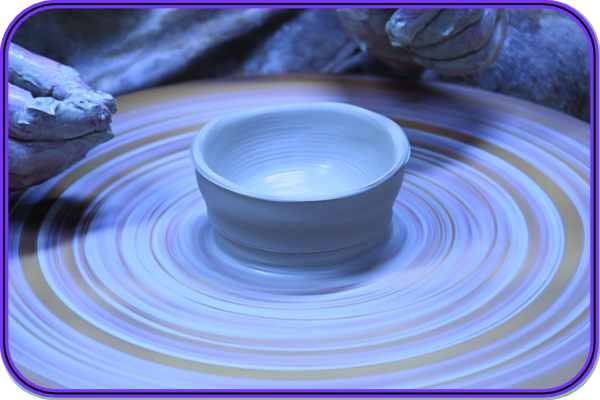
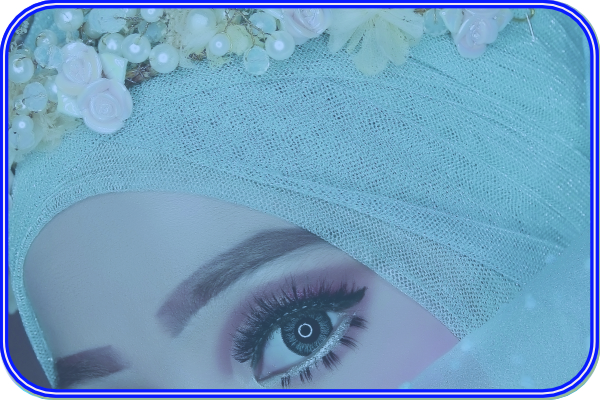
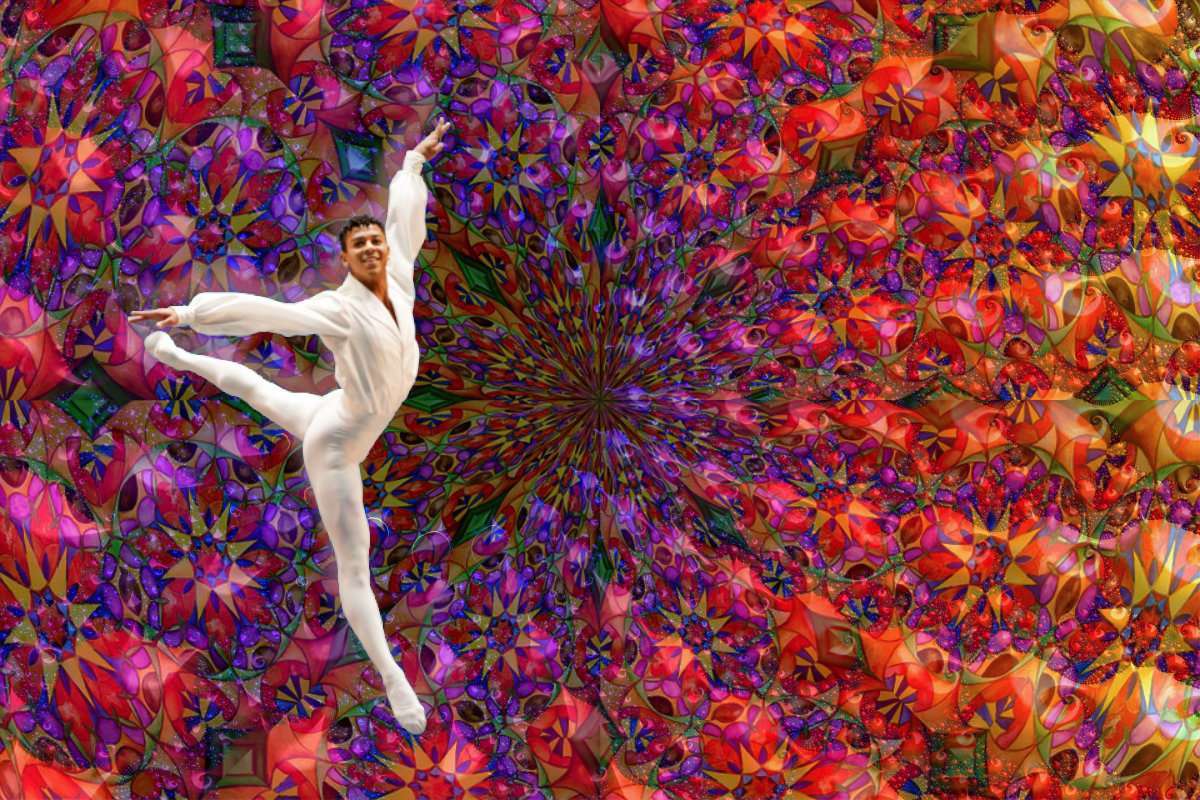
0 Comments